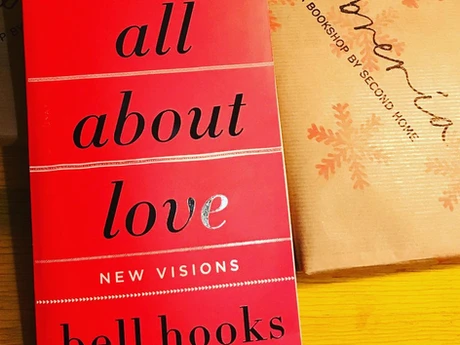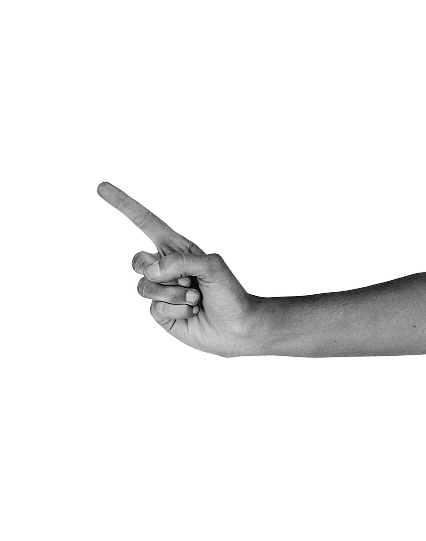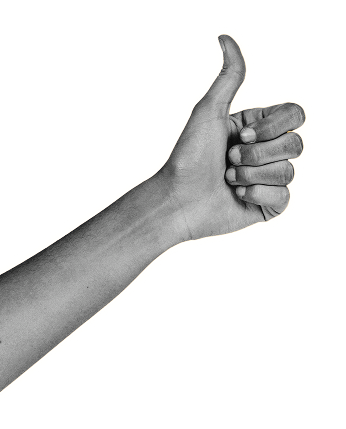
Our generation is too scared to speak on love, to confront it and most importantly, to choose it. With an earth shattering heartbreak in my late teens, and the current dating scene I find myself in, what is otherwise known as the “streets”. I find myself always pondering on what love is and what it entails. I think that young people are cynical about love. However, quite paradoxically, our popular culture is driven by the quest for love. Love is the time-honoured theme of great music, film and literature. However, despite this obsession, lovelessness pervades. I am of the opinion that this cynicism is a mask for the disappointed and betrayed hearts.
“Few of us enter romantic relationships able to receive love. We fall into romantic attachments doomed to replay familiar family dramas.”
Toni Morrison identifies the idea of romantic love as one “of the most destructive ideas in the history of human thought”; its destructiveness resides in the notion that we come to love with no will and no capacity to choose. Bell Hooks, echoing Erich Fromm defines love as the “ will to extend oneself for the purpose of nurturing one’s own or another’s spiritual and emotional growth”. Will, in this definition implies choice; we do not have to love, we choose to love. Hooks explains that the expression, to “fall in love”, reflects contemporary attitudes towards love: It is a mixture of fear, awe, fascination and confusion, but more importantly, it also implies suspicion, doubt and hesitation in the presence of something unavoidable however, not fully reliable. We believe we are swept away, caught up in a tide, that we lack choice and will. However, how can we say we have no control over our feelings yet also claim in the same breath that we choose our actions?
“Learning to live as a man of conscience, means deciding that your loyalty to the people whom you love, is always more important than whatever lingering loyalty you may sometimes feel to other men’s judgment on your manhood.”
Hooks lets us know that true love happens when individuals feel in touch with each other’s core identity; such a relationship is frightening because there is no space to hide. We are known. True love sheds a light on aspects of ourselves we may wish to deny, enabling us to see ourselves clearly and without shame. It is not surprising then, many individuals who claim they want to know true love, turn away when such love beckons. To know and keep true love, we have to be willing to surrender the will to power.
“When we understand love as the will to nurture our own and another’s spiritual growth, it becomes clear that we cannot claim to love if we are hurtful and abusive.”
In all about love, Hooks centers on self-love; she emphasizes that self-love is the foundation of our loving practice, which without other efforts to love fails. She states that by giving ourselves love, we provide our inner beings with the opportunity to have the unconditional love we may have always longed to receive from someone else. With self-love, we learn we are able to reach out to others from a place of fulfillment, rather than lack. To be able to critically evaluate a partner, we would need to be able to stand back and look critically at our needs, desires, and longings. However, we fear that evaluating our needs and then carefully choosing partners, will reveal that there is no one for us to love. Most of us prefer to have a partner lacking, than no partner at all.
“While a heart connection lets us appreciate those we love just as they are, a soul connection opens up a further dimension—seeing and loving them for who they could be, and for who we could become under their influence.”
All About Love demands us to interrogate flawed versions of love largely defined by men, who have been socialized to distrust its value and power. Each chapter focuses on a different aspect of love. As the most potent human emotion, it affects all facets of our lives. Although each section contains important reflections on love’s power, I found myself drawn to her sentiments on romantic love. Insights like “when we commit to true love, we are committed to being changed, to being acted upon by the beloved in a way that enables us to be more fully self actualized”, make the book impossible to put down. All About Love is Bell Hook’s call to return to love. She believes that the answer for us lies within a “love ethic,” where each person leads their life in a love-conscious way.
Community.

